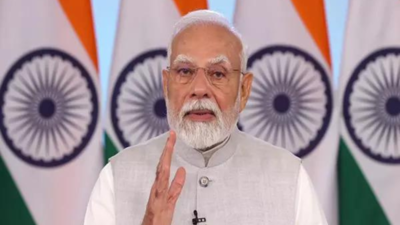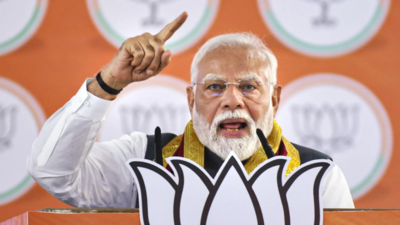Experts warn US action against Chinese students could undermine science and innovation

The US government recently announced plans to revoke visas for certain Chinese college students, citing national security concerns tied to affiliations with the Chinese Communist Party or studies in sensitive fields. The announcement, made by Secretary of State Marco Rubio, is part of a broader Trump administration effort to address what officials describe as risks posed by some foreign students to US research and industry.Currently, around 277,000 students from China attend US colleges, second only to India in international enrollment figures. These students play a critical role in the US scientific community, contributing to cutting-edge research in laboratories and universities across the country.Concerns about national security and scientific progressWhile the FBI and other federal authorities have long investigated cases involving professors and students suspected of espionage or technology theft, experts caution that the recent visa revocation plan may be overly broad and counterproductive. Greg Milonovich, a former FBI agent who managed counterintelligence programs related to higher education, told The New York Times that “the overall number of People’s Republic of China students that actually pose some type of national security risk is relatively low compared to the number of students that will continue to support and further US research.”Milonovich noted that some students arrive with existing ties to Chinese intelligence or government agencies, while others may be recruited during their studies. He emphasized, however, that “we need this continued pipeline of intellect and skill” to maintain US leadership in science and technology.Legal experts warn of damaging effectsPeter Zeidenberg, a lawyer who has defended professors accused of economic espionage, described the administration’s approach as “self-defeating and self-destructive,” according to The New York Times. Zeidenberg pointed out that Chinese students are “some of the smartest, most talented scientists in America” and fill vital roles in research labs. He questioned how many US labs would operate effectively without their contributions.A complex history of espionage concernsConcerns over espionage and theft of trade secrets by individuals linked to China date back decades. A 1998 congressional report warned that the FBI had insufficient resources to monitor the growing number of Chinese visitors—including students, diplomats, and business representatives—potentially involved in intelligence operations.In 2018, the Justice Department launched the China Initiative to target trade secret theft and espionage, focusing largely on university professors. However, some cases failed to secure convictions, and critics accused the government of racial profiling. The Biden administration ended the initiative in 2022 but continues to investigate potential crimes.Striking a balance for US researchWith the Trump administration’s increased immigration enforcement demands pulling FBI resources away from counterintelligence, officials worry about the ability to effectively distinguish genuine security threats from legitimate students and researchers.Experts quoted by The New York Times warn that while national security is paramount, harsh visa policies risk driving away talent vital to America’s scientific innovation and global leadership.





